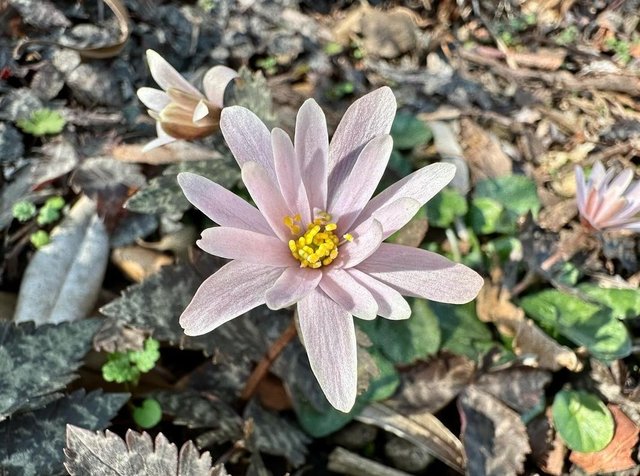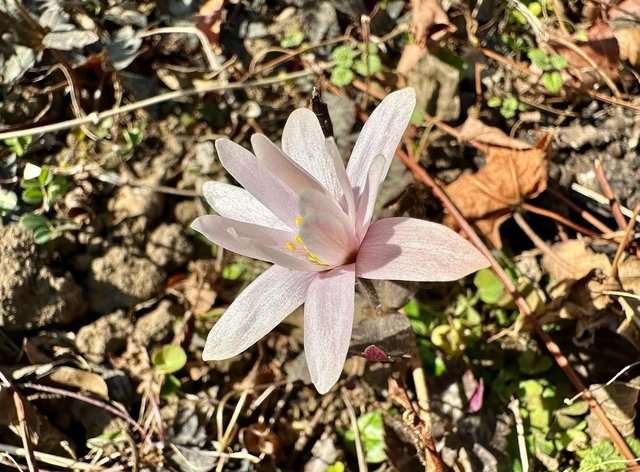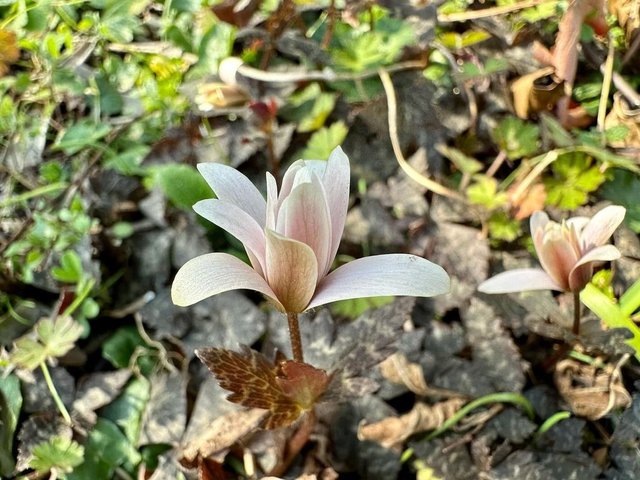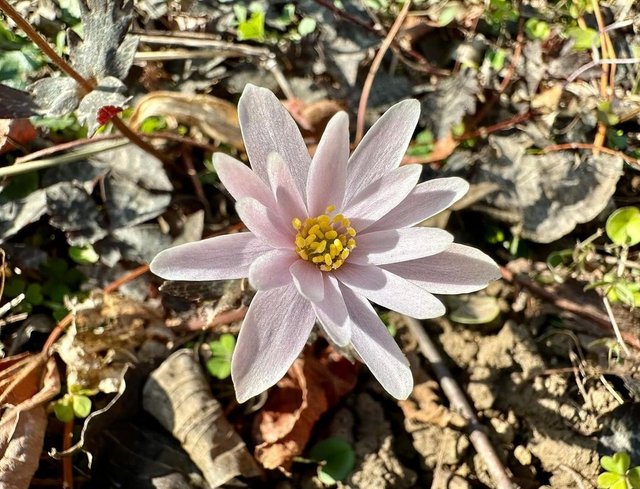



Hidden within the woodland floors of North America lies a delicate yet resilient gem of the plant kingdom – the Bloodroot flower. This captivating perennial herb possesses a rich tapestry of cultural significance, medicinal uses, and ecological importance, all wrapped in its striking crimson-hued petals. Let's embark on a journey to unravel the mysteries and marvels of the Bloodroot flower.Nestled in the understory of deciduous forests, the Bloodroot flower emerges as one of the first signs of spring, a herald of renewal and rebirth. Its white blooms, often tinged with shades of pink or red, blanket the forest floor in ephemeral beauty, attracting early pollinators such as bees and flies. Yet, beyond its aesthetic allure, Bloodroot plays a crucial role in the ecosystem.
As a native species, Bloodroot contributes to biodiversity by providing habitat and sustenance for various organisms. Its rhizomatous root system stabilizes soil, preventing erosion, while its seeds serve as a vital food source for birds and small mammals. Moreover, the presence of Bloodroot indicates the health of the forest ecosystem, as its decline may signal disturbances or habitat degradation.
The Bloodroot flower holds a revered place in the cultural and historical narratives of indigenous peoples and early settlers alike. For many Native American tribes, Bloodroot carries spiritual significance, symbolizing purification, protection, and the cyclical nature of life. Rituals and ceremonies often incorporate this sacred plant, honoring its role in tribal customs and medicinal practices.Early European settlers also recognized the value of Bloodroot, employing it for various medicinal purposes. The plant's rhizome contains compounds with potent antimicrobial and anti-inflammatory properties, making it a valuable remedy for treating respiratory ailments, skin conditions, and even as an emetic. However, its medicinal use also carries caution, as improper dosage or administration can lead to toxicity.
